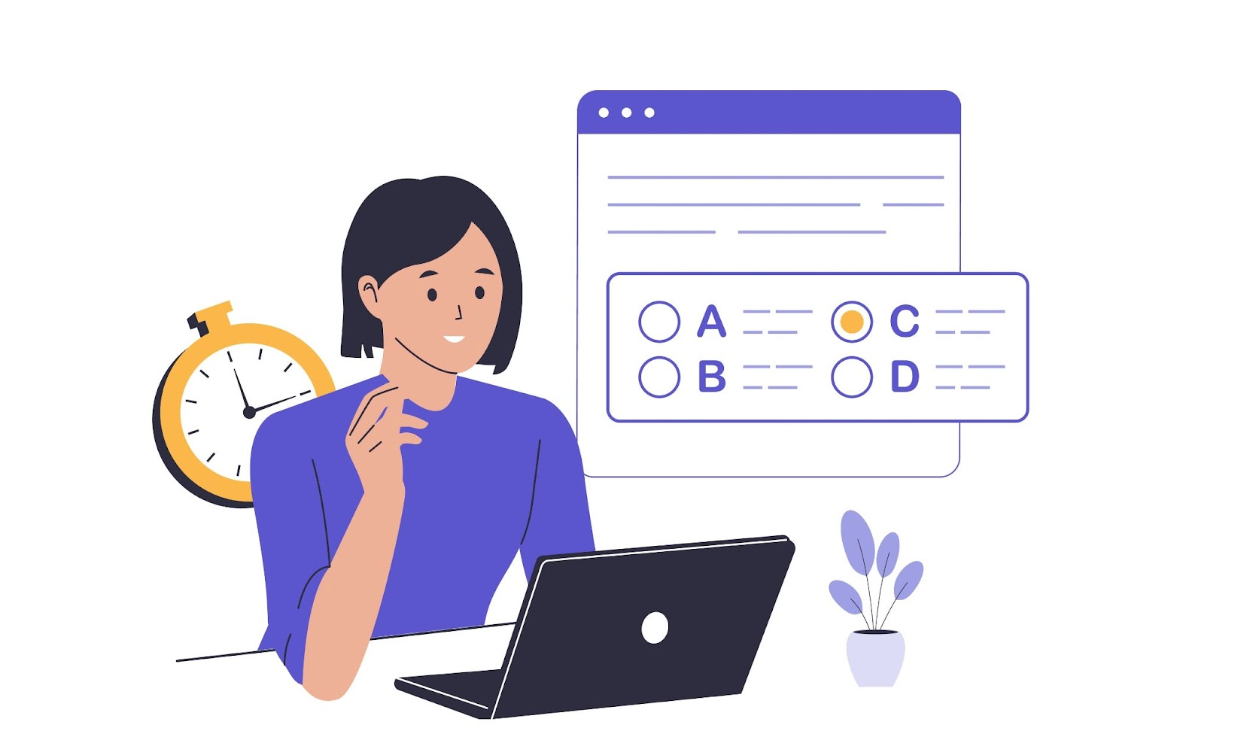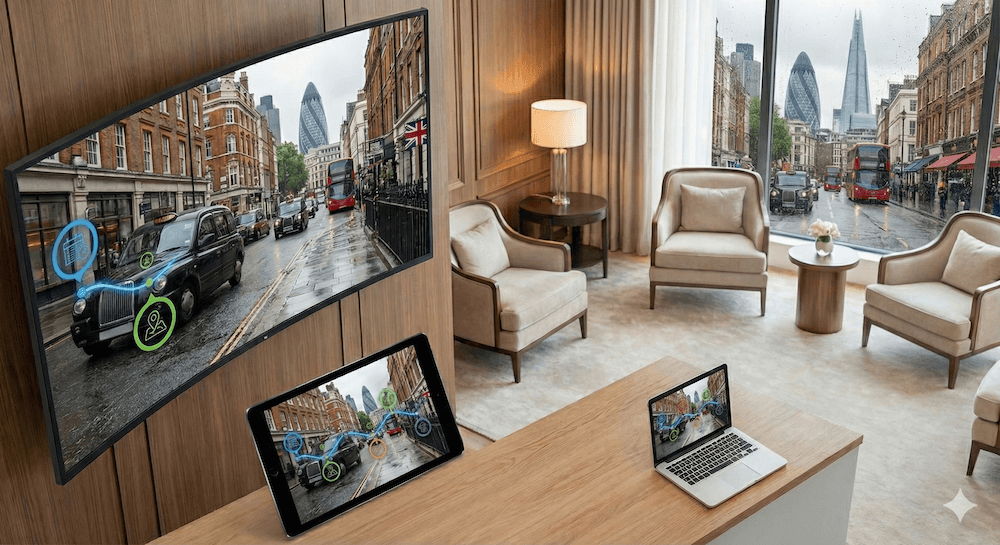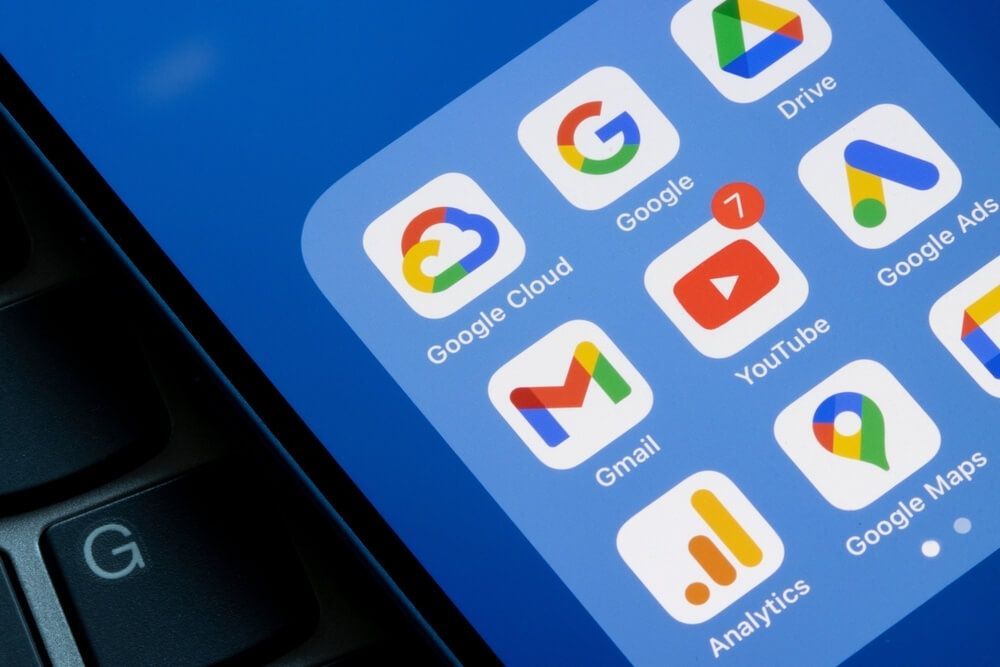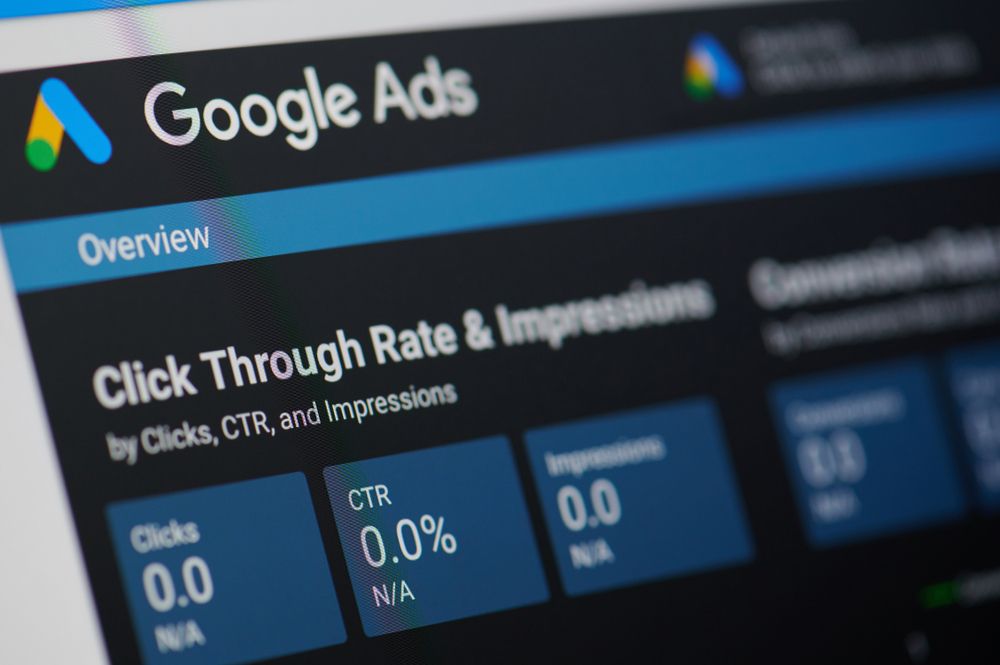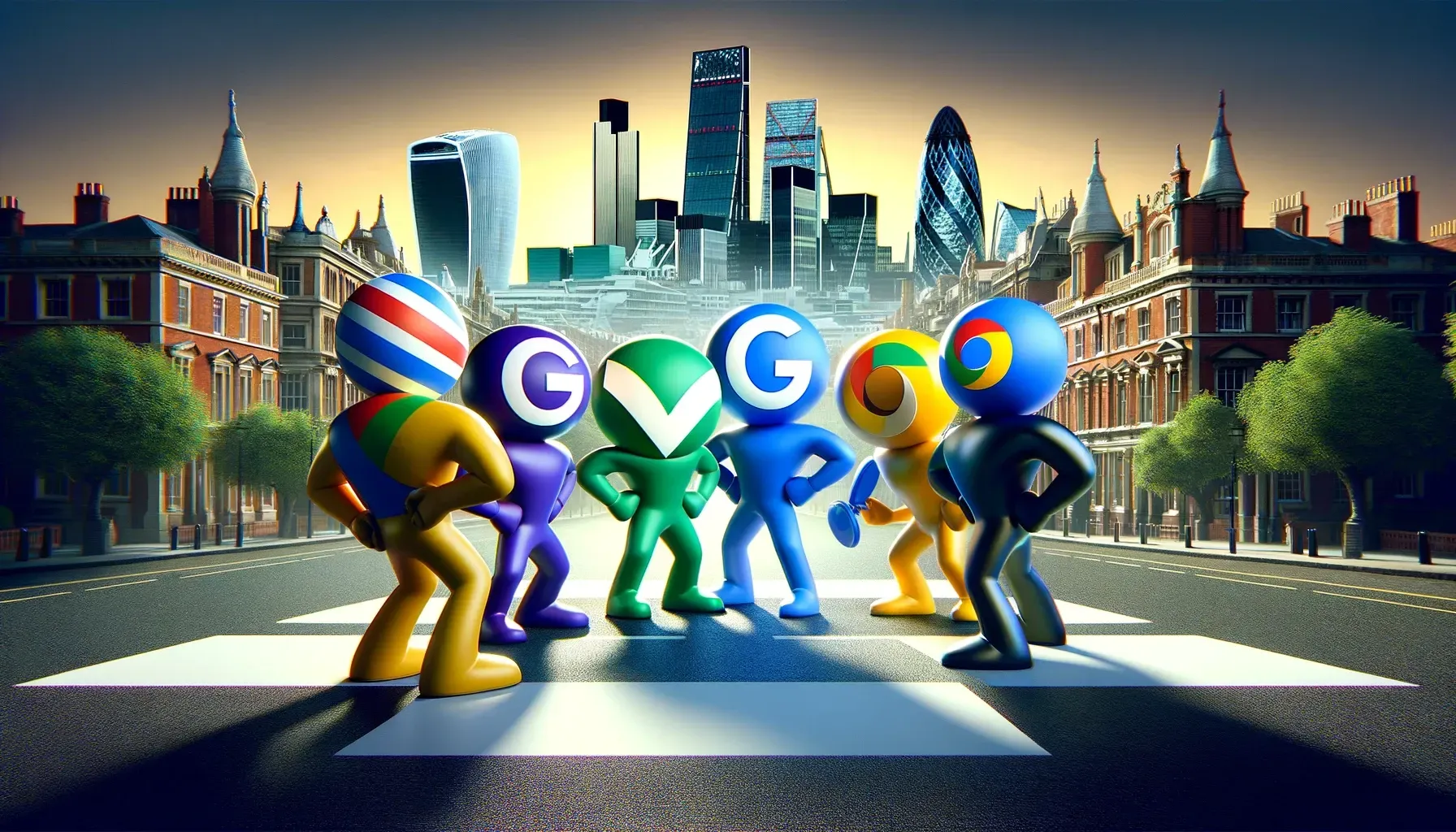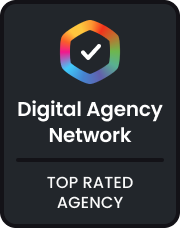By Charles Howes
•
January 19, 2024
"We are in the midst of sea change - a tidal wave might be more accurate - with the medium of photography. While the lens is still firmly fixed to the camera body, the body itself appears to have imploded. The inner workings, that is—the guts of the camera from Talbot’s days (when cameras were called “mousetraps” by his wife who was always tripping over them) have changed faster than anyone expected." "The digital camera, the D-SLR, has become the new tool for lens based professionals and artists almost overnight. Everywhere. We all have them now. But the pictures have not changed. Nor have the ground rules for making them. The need for pictures that make a mark on our lives, that give meaning to experience, that park themselves deep in our consciousness, the way new music always does, has never been greater, the appetite for lens based visual culture stands above most other mediums of communication hands down." "In the art world, photography has stepped forward as the most important art medium of our times." "Roberta Smith, writing for New York Times a few years back, put it this way (and I am paraphrasing here): “In the last 30 years no medium has had a more profound effect on art than the medium of photography.” This, mind you, comes from one of America’s foremost critics of sculpture!" "There is a bus station in Helsinki I want to introduce you to, a bus station just next to Eliel Saarinen’s famous train station. Surrounded by Jugenstil architectural gems like the National Theater and the National Art Museum, the bus station makes a cool backdrop for Magnum wannabees armed with D-SLRs and vintage Leica’s." "You might find yourself there sometime, too." "But getting back to the bus station and what makes it famous, at least among the students I teach at UMass Lowell, the University of Art & Design Helsinki, École d’Art Appliqués in Lausanne, or the many workshops I give in Tuscany, Maine and Santa Fe, is the metaphor it offers students and professionals alike for creative continuity in a life-long journey in photography, the metaphor it provides to young artists seeking to discover their own unique vision one day." "The Helsinki Bus Station: let me describe what happens there." "Some two-dozen platforms are laid out in a square at the heart of the city. At the head of each platform is a sign posting the numbers of the buses that leave from that particular platform. The bus numbers might read as follows: 21, 71, 58, 33, and 19. "Each bus takes the same route out of the city for a least a kilometer stopping at bus stop intervals along the way where the same numbers are again repeated: 21, 71, 58, 33, and 19." "Now let’s say, again metaphorically speaking, that each bus stop represents one year in the life of a photographer, meaning the third bus stop would represent three years of photographic activity." "Ok, so you have been working for three years making platinum studies of nudes. Call it bus #21." "You take those three years of work on the nude to the Museum of Fine Arts Boston and the curator asks if you are familiar with the nudes of Irving Penn. His bus, 71, was on the same line. Or you take them to a gallery in Paris and are reminded to check out Bill Brandt, bus 58, and so on." S"hocked, you realize that what you have been doing for three years others have already done." "So you hop off the bus, grab a cab (because life is short) and head straight back to the bus station looking for another platform." "This time you are going to make 8x10 view camera color snapshots of people lying on the beach from a cherry picker crane." "You spend three years at it and three grand and produce a series of works that illicit the same comment: haven’t you seen the work of Richard Misrach? Or, if they are steamy black and white 8x10 camera view of palm trees swaying off a beachfront, haven’t you seen the work of Sally Mann?" "So once again, you get off the bus, grab the cab, race back and find a new platform. This goes on all your creative life, always showing new work, always being compared to others." "What to do?" "It’s simple. Stay on the bus. Stay on the f*cking bus." "Why, because if you do, in time you will begin to see a difference." "The buses that move out of Helsinki stay on the same line but only for a while, maybe a kilometer or two. Then they begin to separate, each number heading off to its own unique destination. Bus 33 suddenly goes north, bus 19 southwest." "For a time maybe 21 and 71 dovetail one another but soon they split off as well, Irving Penn is headed elsewhere." "It’s the separation that makes all the difference, and once you start to see that difference in your work from the work you so admire (that’s why you chose that platform after all), it’s time to look for your breakthrough." "Suddenly your work starts to get noticed. Now you are working more on your own, making more of the difference between your work and what influenced it." "Your vision takes off." "And as the years mount up and your work takes begins to pile up, it won’t be long before the critics become very intrigued, not just by what separates your work from a Sally Mann or a Ralph Gibson, but by what you did when you first got started!" "You regain the whole bus route in fact. The vintage prints made in twenty years ago are suddenly re-evaluated, and for what it is worth, start selling at a premium." "At the end of the line—where the bus comes to rest and the driver can get out for a smoke or better yet a cup of coffee—that’s when the work is done. It could be the end of your career as an artist or the end of your life for that matter, but your total output is now all there before you, the early (so-called) imitations, the breakthroughs, the peaks and valleys, the closing masterpieces, all with the stamp of your unique vision." "Why, because you stayed on the bus." "When I began photography I was enamored with the work of Ralph Gibson, Duane Michals, and Jerry Uelsmann. I was on their platforms. Each told me that it was possible to use your mind to make pictures. As a copywriter on the Minolta account (before I became a photographer) I wrote: “What happens inside your mind can happen inside a camera.” I took that credo and made it my own. Not with multiple images like Uelsmann or in sequences like Michals. But it was Ralph Gibson’s images that haunted me." "There was this one picture in particular of hands coming up over the prow of boat he made in 1970 that I loved. I had picture of my foot coming over the prow of a Finnish rowboat the other way made in 1976. I am sure his image had inspired mine even though I wasn’t thinking about it when I made my picture." "In 1989, there was a show in Antibes called Three Masters of the Surreal with Eikoh Hosoe, the great Japanese master, Ralph Gibson, and humbly, myself. At the party after the vernissage, I told Ralph about my trepidations when I first began photography. He nodded his head and said," “When I first saw your work (this was in 1975 or thereabouts), I had that feeling of something familiar.” But then he was quick to add: “But you know, it didn’t take you long to find your way.” "I had found the difference. Ralph went on to photograph women and walls, color and surreal light. I continued my bus route less haunted, more assured." "So, our best chance of making our voice and vision heard is to find that common attribute by which the work can be recognized, by which audiences are made curious. It can happen early, as my teacher Harry Callahan stated it: you never get much better than your first important works. And they come soon." "At an auction in London at Sotheby’s a few years back, one of my pieces came up for bidding. It shows my upside down face with mouth wide open on a boardwalk in Narragansett, Rhode Island. When the auctioneer announced the piece, certainly he or she didn’t describe it as a student work, which, in fact, it was. I had made it for Harry’s class." "And it is why I teach. Teachers who say, “Oh, it’s just student work,” should maybe think twice about teaching." "Georges Braque has said that out of limited means, new forms emerge. I say, we find out what we will do by knowing what we will not do." "And so, if your heart is set on 8x10 platinum landscapes in misty southern terrains, work your way through those who inspire you, ride their bus route and damn those who would say you are merely repeating what has been done before. Wait for the months and years to pass and soon your differences will begin to appear with clarity and intelligence, when your originality will become visible, even the works from those very first years of trepidation when everything you did seemed so done before." "We can do a whole lot of things in art, become ten different artists, but if we do that, there is great danger that we will communicate very little in the end. I say ride the bus of your dreams and stay the course." "In closing I now want to take you to Switzerland where I also teach." "Stand back, stand back, far enough so you can see your own mountain top, then head straight for it knowing it will disappear from sight for most of your life as you meander the hidden forest trails that lift you ever higher even as many sections force you to drop down into the mountainside pockets of disappointment or even despair, but you will be climbing soon enough and always headed towards your goal." "There will be those special occasions, and may there be many of them, when the fruits of your labors are suddenly made visible, to be celebrated, when you will again see that peak, only closer now, giving you the confidence to step forward ever more briskly and bravely." "At one point the tree line will thin out the way hair on the top of old man begins to bald away but air will be clear and the path sure." "At the top you will delight in what you have accomplished as much as become aware of peaks far higher than what you had ever dreamed of, peaks that from the distance when you first saw them were hard to judge for their heights." "But now you see them way up there but your climbing days are done." If you look up to those lofty peaks with raging jealousy, you will end your days in sadness and regret. "If you look down at the path you came up, you can become proud or even arrogant if you like of every step you took." "But if you skim the horizon with your eyes and take in the gorgeous sweep of panorama before you, you will know peace and rare humility." "We do not have to be number one in this world. We only have to be number one to ourselves. There is a special peace that comes with such humility, one that showers respect on you from your peers both above and below you." "When you reach this peak in life, you’ve reached highest peak of them all." God can’t bless both sides of a football field anymore than she or he should bless one country over another. "You can’t be number one without having a number deux, tres, quatro, or funf." "It’s a lesson we are back in the classrooms of America learning I think. I hope." "When I see bumper stickers that read my son made the dean’s list, I see all the sons and daughters that didn’t. Tracey Moffatt has this poignant series of works dedicated to athletes who’ve come in fourth place: no gold, no silver, not even bronze. Being number uno? Stardom is no dream to chase. We just need to be good. And make good work." "So, be the caretaker of your vision. Make it famous. And above all, remember, that art is risk made visible." "Good luck and see you out there. You’re going to be great." (STAY ON THE BUS is excerpted from the commencement speech at delivered at the New England School of Photography in June 2004)


